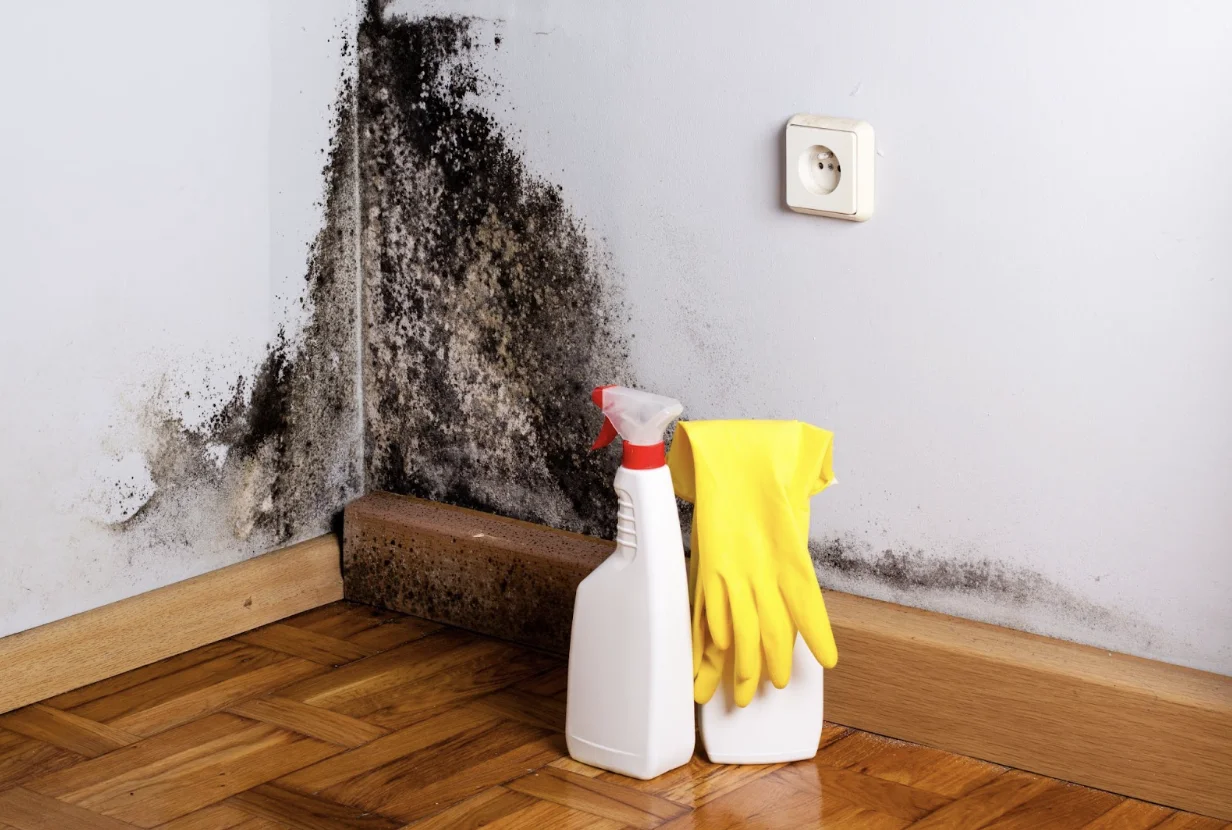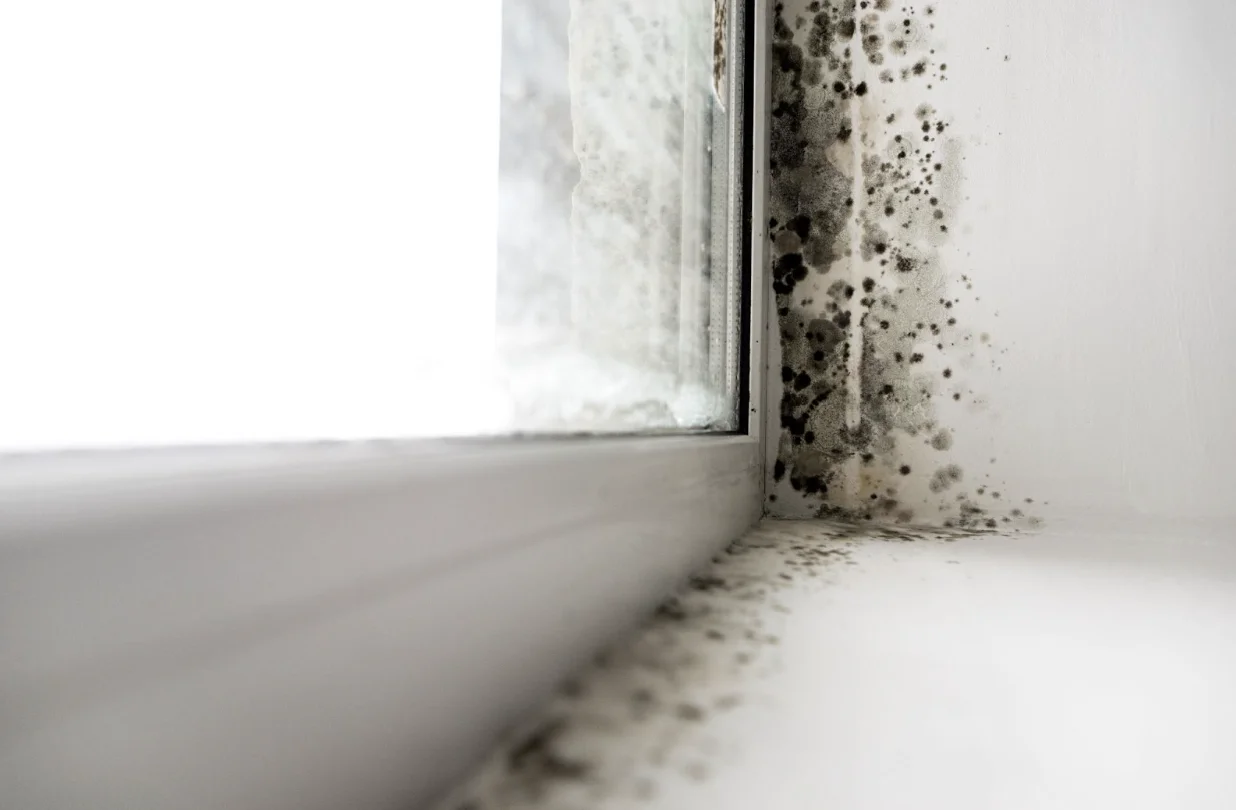Renting a home comes with challenges, among which dealing with mold can be particularly tricky. Mold in rental properties is not just unsightly; it poses health risks and can cause significant damage to personal belongings.
Renters insurance plays a crucial role in providing financial protection against mold damage, but understanding the extent of this coverage is essential. This article discusses the specifics of mold coverage under renters insurance, including when mold damage is covered, its limitations, and related insurance needs.
The Complexities of Mold Coverage in Renters Insurance
Renters insurance offers a safety net for tenants, covering losses to personal property due to various perils such as theft, fire, and certain water damages. However, when it comes to mold, coverage is more complex.
Generally, if mold damage results from a peril covered under your renter’s insurance policy, you may be eligible for compensation. This includes replacing belongings damaged by mold and covering mold remediation costs. Conversely, mold attributed to negligence on the renter’s part is unlikely to be covered.
How Renters Insurance May Cover Mold
Coverage for Mold Caused by Covered Perils
Imagine a pipe bursting in your apartment, flooding your living room. The resulting dampness leads to mold growth on your belongings. In such cases, renters insurance may cover the costs of replacing these items, subject to the policy’s limits and deductible. The principle here is that the initial cause of the mold (the burst pipe) is a peril covered by the policy.
Additional Living Expenses (Loss of Use Coverage)
Should your rental become uninhabitable due to mold remediation, renters insurance may also cover additional living expenses. This can include the cost of temporary accommodations, like a hotel stay, and possibly increased living expenses, such as dining out more frequently than usual. This coverage is known as loss of use and is capped by your policy limits.
Specifics About Mold Coverage
Black Mold Coverage

A common question among renters is whether their insurance covers black mold specifically. The answer largely depends on the cause of the mold. It should theoretically be covered if black mold grows due to a covered peril. However, each policy has its terms, so checking with your insurance provider is crucial.
Mold Inspections
The cost of mold inspections generally falls to the landlord or rental company, not the renters insurance policy. If you suspect mold, it’s advisable to report it to your landlord for inspection and remediation.
Limitations and Exclusions of Mold Coverage
When Mold is Not Covered
Neglect is a common reason for denied mold damage claims. For instance, a continuously leaking shower head you fail to report could lead to mold growth not covered by your policy. Similarly, not keeping windows closed during rain, leading to indoor water accumulation and subsequent mold, is typically excluded from coverage.
Landlord’s Liability
In situations where the mold results from the landlord’s negligence—such as not addressing water leaks or poor ventilation—the landlord might be responsible for the mold remediation costs. Tenants should report any mold sightings immediately to allow for prompt action.
Related Insurance for Mold Damage
Flood Insurance
Renters insurance does not cover flood-related damages, including mold resulting from flooding. Renters in flood-prone areas should consider purchasing separate flood insurance to ensure comprehensive property protection.
Sewer-Related Flooding and Mold Damage
Mold damage from sewer line issues is another scenario that is not covered by standard renters insurance. In such cases, the responsibility for damage mitigation and repairs typically falls to the landlord or property management.
Conclusion
Understanding the intricacies of mold coverage under renters insurance is crucial for renters aiming to protect their homes and belongings. While renters insurance can cover mold damage resulting from specific perils, it has limitations and exclusions. Renters should familiarize themselves with their policy details, promptly report potential mold issues to their landlords, and consider additional insurance, like flood insurance, where necessary.
By taking these proactive steps, renters can confidently navigate the challenges of mold in their rental homes, knowing their financial interests are safeguarded.
FAQs
Can I get renters insurance that specifically includes mold coverage?
Yes, some insurance providers offer renters insurance policies that specifically include coverage for mold damage. However, the availability and extent of this coverage can vary widely between insurers and policies. It’s essential to shop around and ask potential insurers about their mold coverage options.
Will my renters insurance cover mold damage if the building’s structure is at fault?
If mold damage results from structural issues with the building, such as a leaky roof or faulty plumbing, the landlord’s insurance should cover the repairs to the structure. However, your renters insurance may cover your personal property damage and additional living expenses, depending on your policy.
Does the cause of the mold affect my ability to file a claim?
Yes, the cause of the mold significantly affects your ability to file a successful claim. Renters insurance generally covers mold damage only if the mold results from a covered peril, such as water damage from a burst pipe. Mold due to neglect or unresolved maintenance issues is usually not covered.
Can I choose my own contractor for mold remediation, or must I use one provided by the insurance company?
Policies differ, but you often have the option to choose your own contractor for mold remediation. However, your insurance company may have a list of preferred providers. It’s a good idea to discuss your options with your insurance representative to ensure the costs are covered.
Get the right coverage for your rental home with tutenagency
New tutenagency customers?
Quote rental home insurance online or call (334) 502-5111 to insure rental home.
Legal Disclaimer: ADVERTISING MATERIAL ONLY. Do not rely on this site or this article for legal or financial advice. The information provided on 210agency.com is strictly for educational purposes and to provide you with general educational information. Since state laws and financial regulations are subject to change, please schedule an appointment with an attorney or qualified financial advisor in your area to further discuss your personal situation. This public information is neither intended to, nor will it, create an attorney-client or financial representative relationship.

